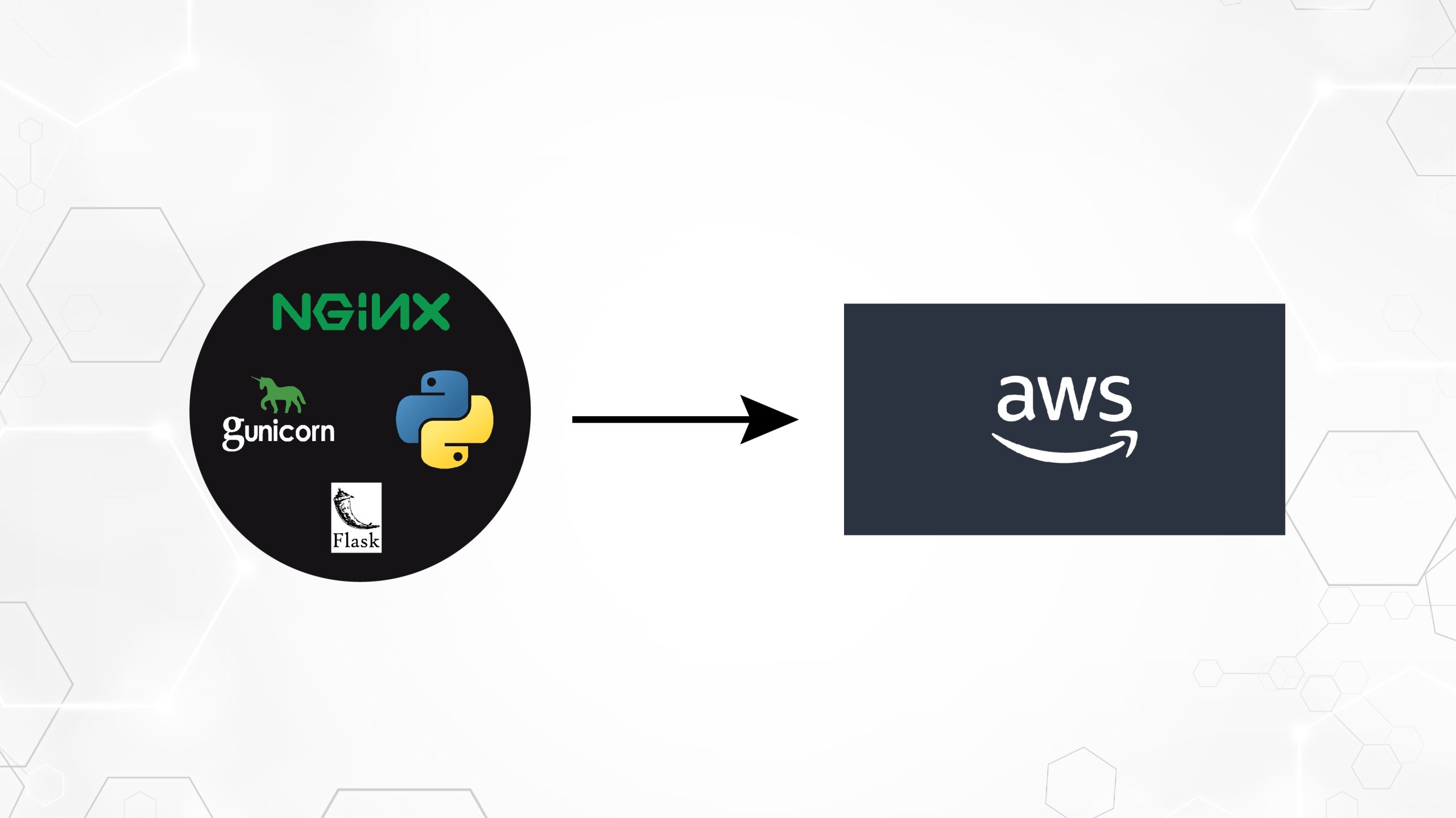In today’s fast-paced world, there is no denying the fact that artificial intelligence (AI) is becoming increasingly pervasive in our daily lives. From smart speakers that can answer our questions to self-driving cars that can navigate themselves, AI technology is revolutionizing the way we live, work, and interact with the world around us.
As AI continues to advance and mature, it is essential for individuals to adapt and develop the necessary skills and approaches to keep up with this trend. Whether you are a student looking to enter the workforce, a professional seeking to advance your career, or simply someone interested in staying relevant in today’s technology-driven world, learning how to work with AI is crucial.
In this article, we will discuss some essential skills and approaches for quick learning in the field of AI, and provide answers to some frequently asked questions about adapting to the AI trend.
Essential Skills and Approaches for Quick Learning in AI
1. Develop a foundational understanding of AI: Before diving into any specific area of AI, it is important to have a solid understanding of the fundamentals. This includes learning about the different types of AI (such as machine learning, deep learning, and neural networks), how AI algorithms work, and the ethical implications of AI technology.
2. Learn to code: Coding is a fundamental skill that is essential for working with AI. Whether you are interested in developing AI algorithms, building AI-powered applications, or analyzing data with AI tools, having a strong foundation in programming languages such as Python, R, or Java will be invaluable.
3. Study mathematics and statistics: AI is heavily rooted in mathematical and statistical principles, so having a solid understanding of these subjects is essential. Concepts such as linear algebra, calculus, probability, and statistics are commonly used in AI applications, so brushing up on these topics will be beneficial.
4. Take online courses and tutorials: There are numerous online resources available for learning about AI, including courses, tutorials, and online communities. Websites such as Coursera, Udemy, and Codecademy offer a wide range of AI-related courses that cater to individuals with varying levels of expertise.
5. Practice with hands-on projects: One of the best ways to learn about AI is by working on hands-on projects. Whether you are building a chatbot, training a neural network, or analyzing a dataset with machine learning algorithms, practical experience will help solidify your understanding of AI concepts.
6. Stay updated on the latest trends and advances in AI: The field of AI is constantly evolving, with new breakthroughs and developments happening all the time. To stay current, it is important to follow AI news and research, attend conferences and workshops, and engage with the AI community.
FAQs about Adapting to the AI Trend
Q: What are some common misconceptions about AI?
A: One common misconception about AI is that it is capable of human-like intelligence and emotions. In reality, AI technology is designed to perform specific tasks based on algorithms and data, and does not possess consciousness or emotions.
Q: What industries are being most impacted by AI?
A: AI technology is being adopted across a wide range of industries, including healthcare, finance, retail, transportation, and manufacturing. In healthcare, AI is being used to improve diagnostic accuracy and personalized treatment plans, while in finance, AI is being used for fraud detection and risk assessment.
Q: How can individuals prepare for a career in AI?
A: To prepare for a career in AI, individuals should focus on developing technical skills such as programming, statistics, and machine learning, as well as soft skills such as problem-solving, critical thinking, and communication. Building a strong portfolio of AI projects and networking with professionals in the field can also help individuals stand out in the job market.
Q: Is AI technology safe and ethical?
A: As with any technology, AI has the potential for both positive and negative impacts. It is important for developers and users of AI technology to consider ethical implications such as bias, privacy, and accountability, and to ensure that AI systems are designed and deployed in a responsible and transparent manner.
In conclusion, adapting to the AI trend requires a proactive approach to learning and development. By acquiring the essential skills and approaches outlined in this article, individuals can position themselves for success in the rapidly evolving field of AI. Whether you are a seasoned professional or a beginner looking to explore the possibilities of AI, embracing this technology trend can open up a world of opportunities and contribute to your personal and professional growth.










